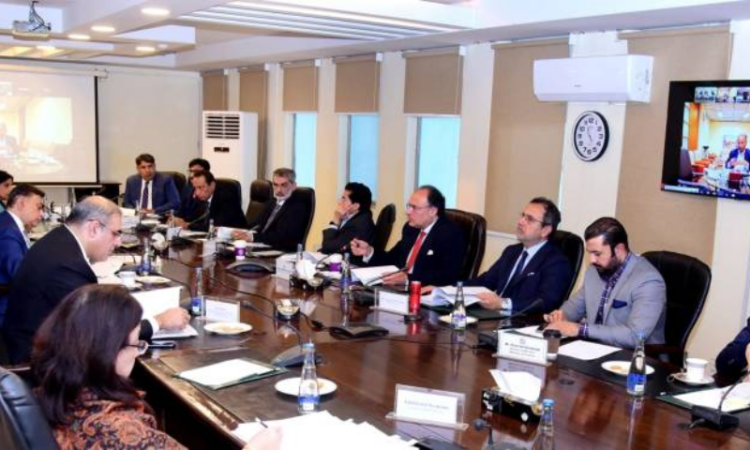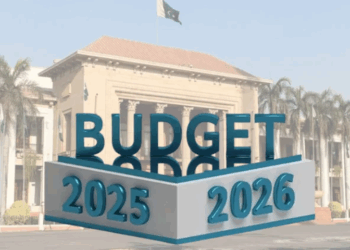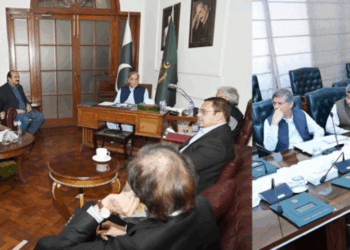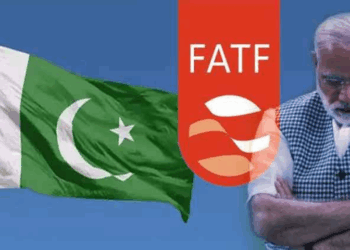Islamabad, February 3, 2025: The Economic Coordination Committee (ECC) of the Cabinet, chaired by Federal Minister for Finance and Revenue Senator Muhammad Aurangzeb, convened today to review economic trends, including inflation and the prices of essential commodities.
At the outset, the ECC assessed inflationary trends for the first half of FY2025 (July-December), as reported by the Economic Advisor’s Wing of the Finance Division. The committee was informed that inflation had dropped significantly to 7.2%, compared to 28.8% in the same period last year. Additionally, December 2025 recorded an inflation rate of 4.1%, a sharp decline from 29.7% in December 2024—the lowest in 80 months. This reduction was attributed to exchange rate stability, prudent fiscal management, and improved supply chains of essential commodities.
The ECC noted the continued decline in the Sensitive Price Index (SPI) but stressed that lower inflation must translate into meaningful relief for the common man. Despite the positive outlook, concerns were raised over the rising prices of sugar, vegetables, and edible oil, especially in contrast to declining global prices.
To address this, the ECC directed the Ministry of Industries and Production and the Ministry of National Food Security & Research to collaborate with the National Price Monitoring Committee (NPMC) and present a report within two weeks. The report will outline measures to ensure strategic reserves of wheat, sugar, and pulses and improve supply chains ahead of Ramadan.
Additionally, the ECC called upon Provincial Price Control Committees to enforce strict price regulations, curb cartelization, and prevent profiteering, reaffirming the government’s commitment to making essential commodities affordable for the public.
Key economic decisions
Beyond inflation, the ECC approved several key policy measures:
- Export Facilitation Scheme (EFS) 2021 Revisions: A proposal by the Revenue Division was approved to tighten policy controls under EFS 2021, aimed at plugging revenue leakages without disrupting compliant exporters. The revised framework includes:
- Shortening the input utilization period.
- Implementing input authorization based on production capacity.
- Replacing insurance guarantees with bank guarantees.
- Strengthening vendor facilitation controls.
- Enhancing sampling measures to ensure imported inputs are used in exported goods.
- Withdrawing EFS benefits for iron and steel scrap importers.
- Technical Supplementary Grants (TSGs): Several proposals for budgetary allocations were reviewed and approved:
- Rs 2.79 billion for arms & ammunition procurement and NESPAK consultancy for Digital Enforcement Stations (DES).
- Rs 494.56 million for the Frontier Corps KP (North) for barracks and check-post construction.
- Rs 500 million for the Intelligence Bureau Division.
- A TSG of Rs 1.792 billion for Reko Diq mining project operations was deferred, with the ECC seeking further clarity on fund utilization.
- Power Sector Adjustments: The ECC approved an amendment to the February 16, 2024, mediation agreement addressing K-Electric’s claims for tariff differential subsidies and payables to state-owned enterprises (CPPA/NTDC and SSGC). However, the decision was contingent on ensuring no increase in electricity tariffs.








